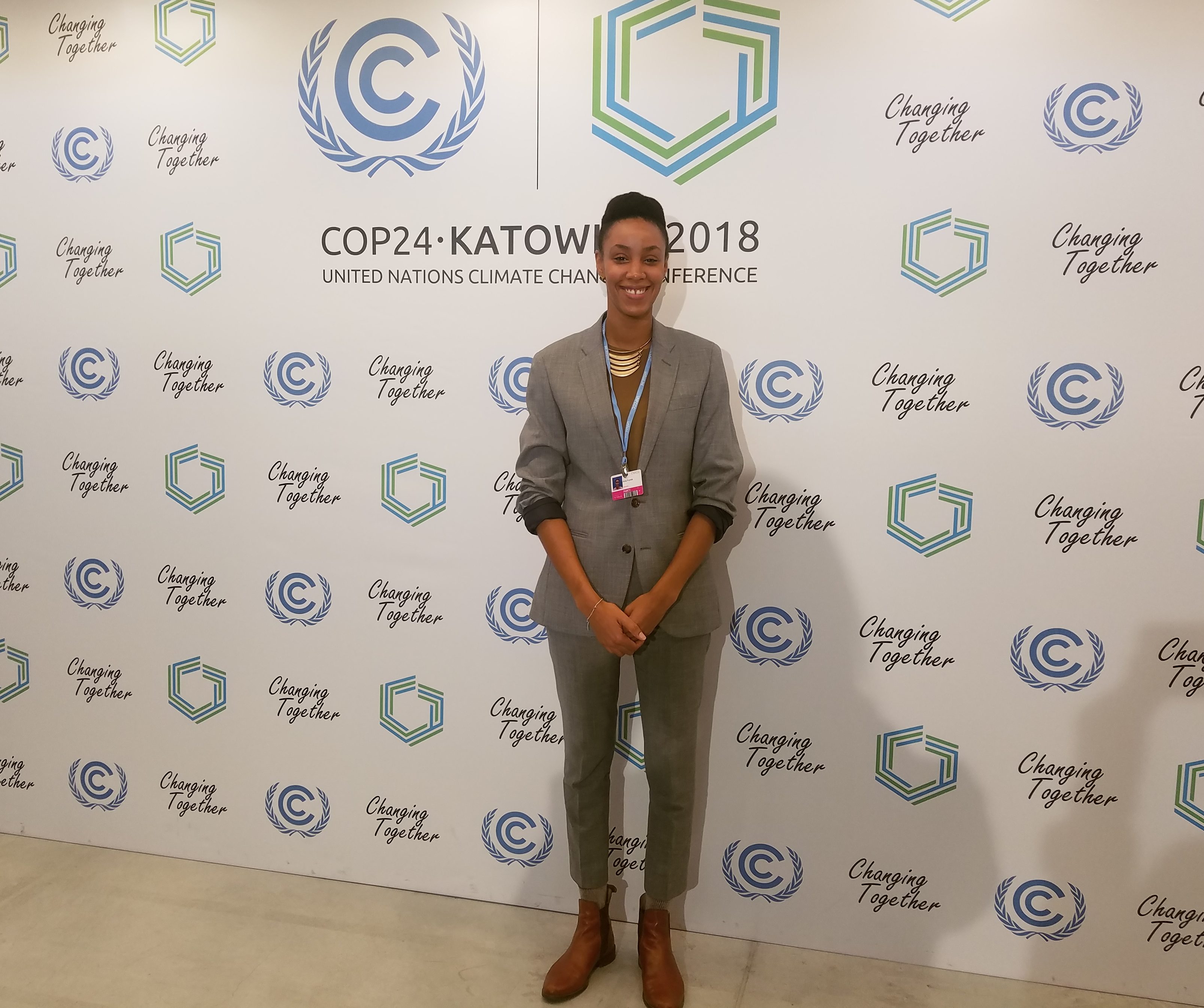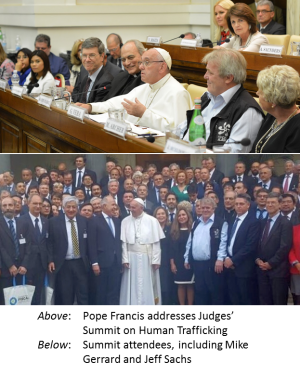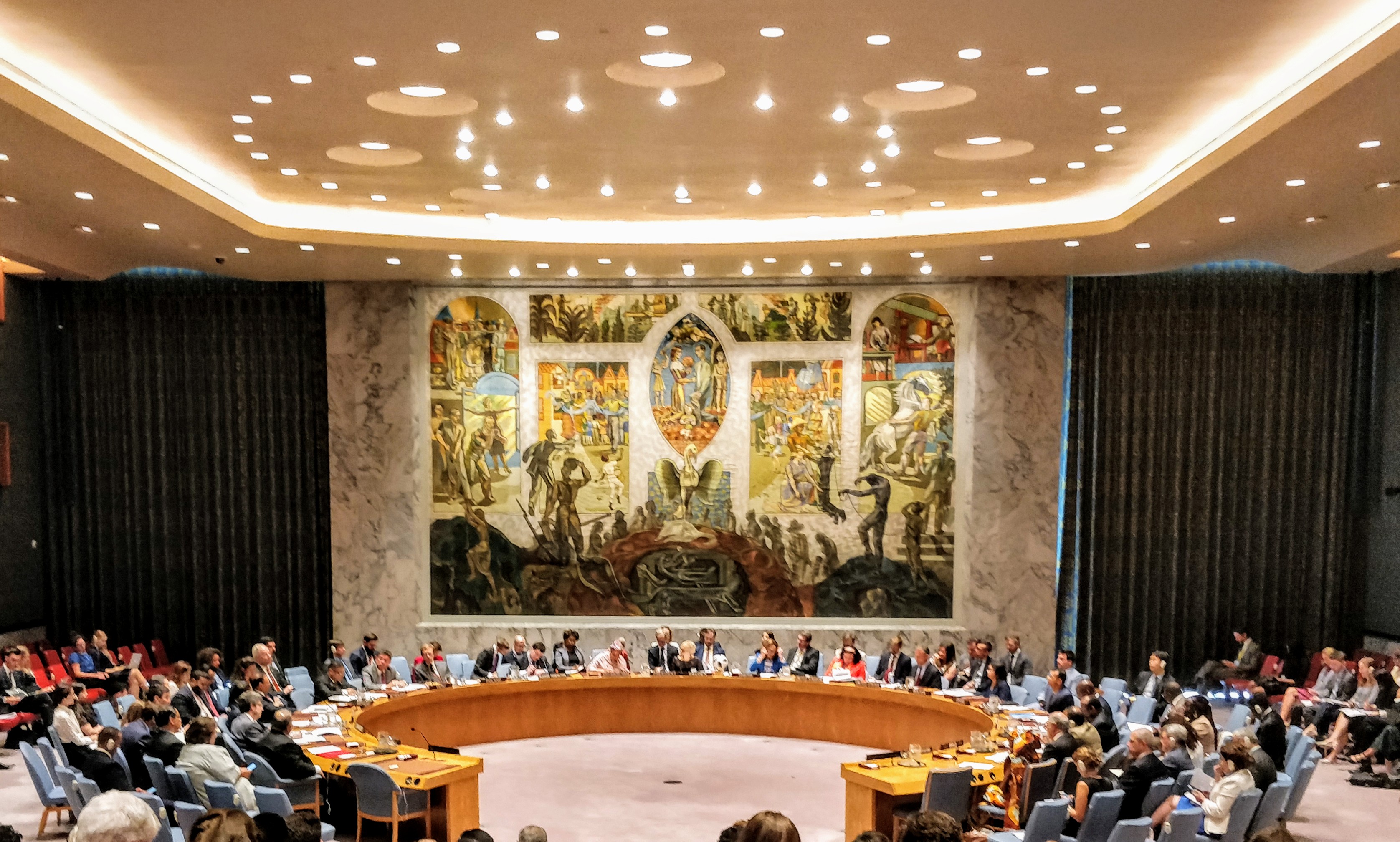Gregory E. Wannier
Deputy Director
One of the most controversial questions to be discussed at CCCL’s upcoming conference, Threatened Island Nations: Legal Implications of Rising Seas and a Changing Climate, will be whether efforts should be made to create a new convention dedicated to climate-related displacement and resettlement activities. Taking either side of this debate will be David Hodgkinson and Michel Prieur, each of whom has advocated for some version of new international rules, and Jane McAdam, who has said that such efforts, though well meaning and designed to address a real problem, are largely misplaced.
The argument for a new international convention is fairly straightforward: as multiple parties have pointed out, existing institutions are ill-designed for the unique problem of climate-related displacement. Refugee protections apply almost exclusively to victims of political or sectarian violence, human rights protections are aimed at purposeful (as opposed to inadvertent) violators, and the United Nations Framework Convention on Climate Change (UNFCCC) faces too many political and legal limitations on its mandate to be an effective tool for organizing and financing resettlement activities.
Professor McAdam does not disagree that existing institutions are not ideally suited to address these issues. As an initial point, she questions that a global convention would suit individual and regional needs any better than the current patchwork system; different regions face very different threats, over very different time scales, and so regional planning may be a more effective tool than a large international structure. She also argues that such a treaty would be inherently backwards-facing; rather than focusing on planning for the future, it would have a tendency to impose rights that could be realized only after resettlement becomes necessary. Professor McAdam does acknowledge that a properly-worded treaty might help such planning on the margins. However, not only is she concerned that a final treaty would not be structured as it should be, but that the discussion, debate, and bureaucracy that would need to go into discussions over a new international treaty would inevitably delay the more-needed planning processes detailed above. Passing an international convention is inevitably a difficult task, and more might be effectively done in the absence of such a mandate.
Professor Hodgkinson and Professor Prieur each have their own models for a new treaty, but they are only two of a number of potential models for a new convention proposed by a number of academics, notably including Frank Biermann and Ingrid Boas, Bonnie Docherty and Tyler Giannini, and Dana Falstrom. Each would likely have their own response to Professor McAdam’s critique; but Professor Hodgkinson responds most directly to the critique, which he will reveal at the upcoming conference.
For more information on the conference, to register for the event, or to watch this discussion live via webcam, please visit our website here.




